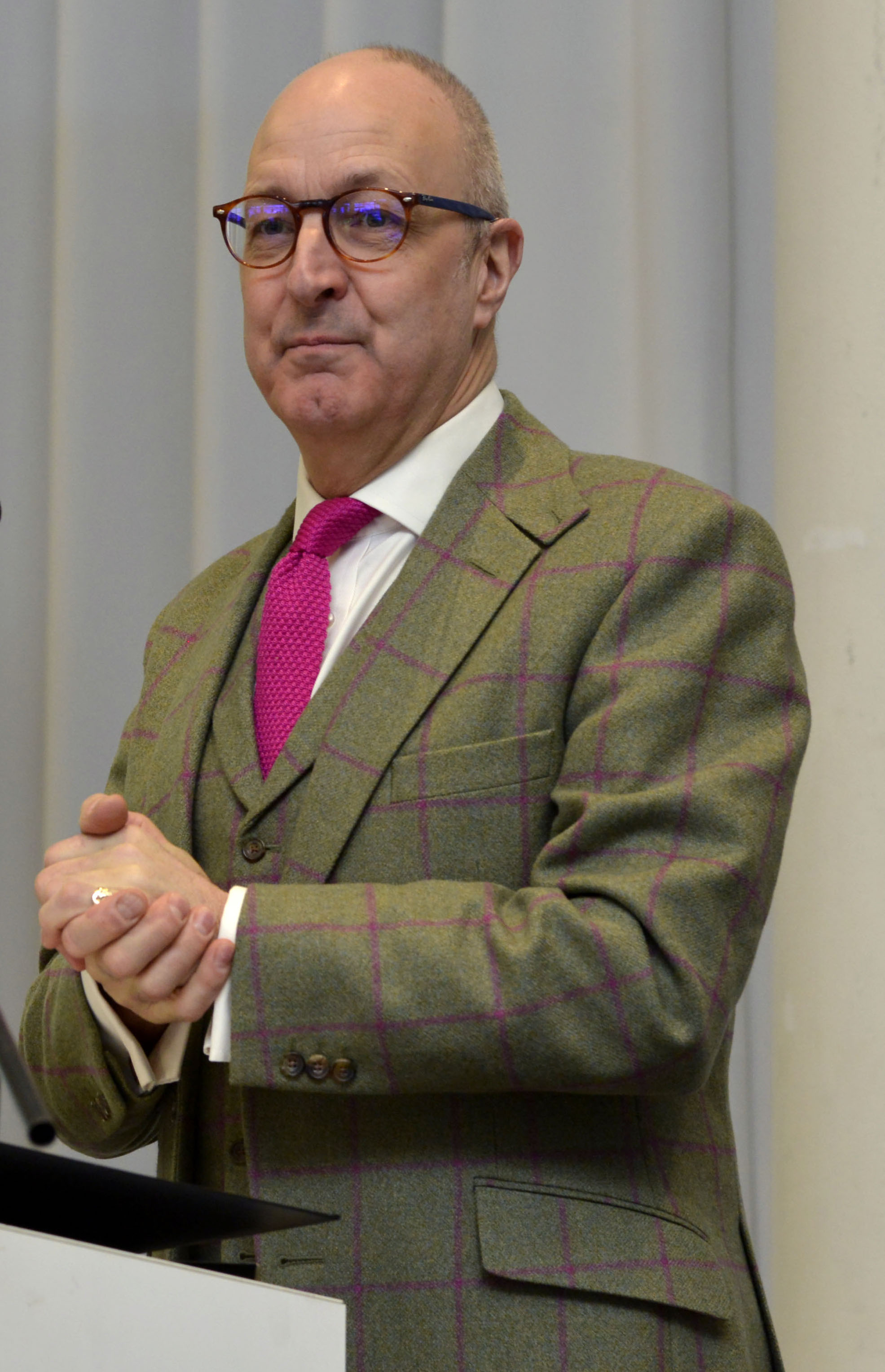Ditch “EDI”? No … Get it back to basics


John Mullaney the US comic described Trump’s presidency being like “a horse loose in the hospital”. Trump creates chaos. But about 1/18th of what he says puts his (slightly chubby) finger on something uncomfortably true. I said this the other night to a chum at a party he said “ooooh controversial”. But should it be? Is it worth considering for a moment that he might have a point about something or should we all just knee-jerk run in the opposite direction?

I can hear your hackles rising. Yes, he’s a liar, a misogynist, a headline-seeking magnet for grievance. I find the man both politically and personally excruciating. But in one area I do know something about - diversity - he’s put his finger on something. It’s become very divisive. And the question is why? I sincerely don’t think that people are rejecting the core objectives of EDI: removing obstacles so all sorts of talent can flourish, and valuing difference in the pursuit of shared success. The problem isn’t the principles. The problem is what’s crept in under cover of those principles.
It’s not trying to achieve fairness that creates a push back. It’s the compulsion. Ironically EDI’s very strength - diversity - has been turned in the wrong hands into something prescriptive, even coercive (you only have to read some of the recent tribunals like Jo Phoenix case vs the OU, the current Sandra Peggie case, Borg-Neal vs Lloyds Bank etc…to be horrified)
As gay man, for instance, I now feel pretty uncomfortable with what Pride has become. It feels ideological now rather than principled. And for a whole month! With everyone expected to wear lanyards and profess their “allyship”! I fought for homosexuality to be equal not compulsory. And it’s that kind of compulsion that is divisive and damaging EDI.
One person emailed me: “Whenever DEI conversations crop up at work, and we talk about ‘inclusion’ and people being their ‘authentic selves’, I pitch in that inclusion’ is not inclusion if all you’re doing is silencing those you don’t agree with, and that genuinely valuing diversity means accepting the fact that some differences are (partly) irreconcilable - trans rights vs women’s sex-based rights being a prime example - and therefore you need to focus on solutions that enable people to work respectfully together, without expecting them to change their deeply held convictions”.
If we are going to defend our work on EDI against the Trumpians that want to tear it down, we have to be self-critical. So many of us believe in the core of EDI. So, if we are going to guard it against the wreckers we have to get it back to its basics, not shield what it has become. We have to start by defending its essence, not its drift into orthodoxies. Trump’s attack on diversity is conversely an opportunity for us. It’s the challenge to re-examine how we got lost in the lanyards, compelled speech, point and punish rather than talk and learn. Not to abandon the principle entirely. If we really care about EDI, then let’s fight for its basics.
Here's a five-point plan for rescuing EDI (does that sound too Soviet?)
This is what we've tried and works!

- Develop an approach to diversity and inclusion that reflects the unique aims of your organisation and what it's aiming to achieve - focus on customers/clients/ patients and then the right diversity in your staff to deliver to them.
- Develop the ability and confidence of leaders and managers to foster environments where all voices are heard and differing perspectives are valued, while also retaining their ultimate responsibility for decision-making.
- Ensure that any data gathered are accurate and segmented in a manner that yields genuine insight. Avoid overly broad categories and always have a clear rationale for why you're collecting the data.
- Set aspirational goals (not targets) in relation to staff and frame them around increasing fairness (crucial) and widening opportunity (core to EDI) over a defined period, using opportunities offered by growth and turnover.
- Training provided to staff should be evidence-based and impartial, celebrating viewpoint diversity. Steer clear of programmes steered by advocacy groups or grounded in ideological positions as they may land you in tribunal trouble.





